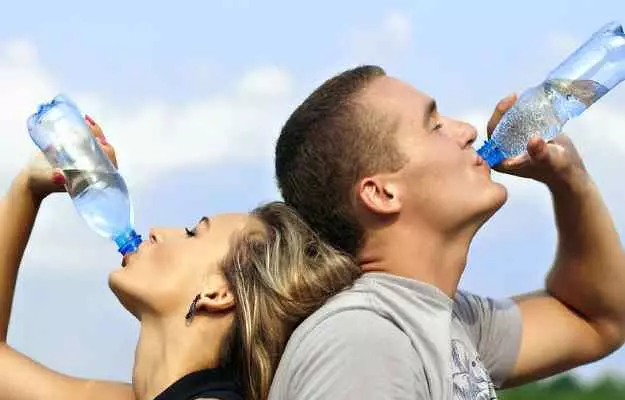Summary
Dehydration is a loss or reduction in the amount of water content in the body. Our body needs water for every reaction taking place in it. Hence, a lack of adequate water will affect these reactions and may lead to significant consequences like a decrease in blood volume, reduction in urine output, and fatigue. Dehydration can occur due to insufficient water intake, prolonged heat exposure, infectious diseases that cause vomiting or diarrhoea and excessive sweating due to heavy exercise. Dehydration can be easily identified by observing characteristic signs and symptoms like restlessness, irritability, extreme thirst and a decrease in urine output. Treatment should start as soon as symptoms are evident. Fluid in the form of an oral rehydration solution containing glucose along with salts of sodium, potassium and chlorine helps in maintaining the water-electrolyte balance in the body. Prompt treatment usually reverses dehydration but if the symptoms are ignored, it can lead to complications like low blood pressure, liver and kidney failure, unconsciousness and in severe cases, it can be life-threatening.











































